
Mar 20, 2015 | Advocacy, Non-legal submissions
Today, the ICJ made a submission to the Universal Periodic Review of Australia.
The submission brings to the attention of the members of the Human Rights Council’s Working Group issues concerning:
- The treatment of asylum-seekers and Australia’s attacks against international refugee law;
- The treatment of aboriginal and Torres Strait Islander peoples;
- The weakening and undermining of the Australian Human Rights Commission; and,
- International instruments and mechanisms.
Australia-UPR-Advocacy-2015-ENG
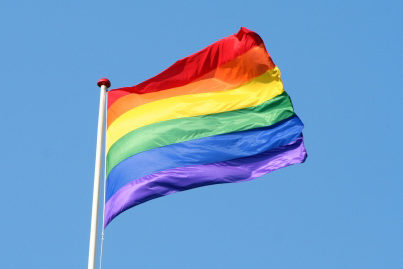
Jun 27, 2014 | Agendas, Events
The ICJ is today holding an expert roundtable on asylum claims based on sexual orientation, gender identity or expression.
Participants include asylum judges and lawyers; officials from national refugee status determination authorities, the Office of the UN High Commissioner for Refugees and the Office of the UN High Commissioner for Human Rights; asylum academics; and staff members from other NGOs, including the Organization for Refuge, Asylum & Migration (ORAM), the Human Dignity Trust (HDT), the Advice on Individual Rights in Europe (AIRE) Centre and the Belgian Refugee Council.
At the roundtable, taking place in Brussels, participants will discuss: the legal challenges and responses in the context of asylum claims based on sexual orientation, gender identity or expression and refugee law; reflections on the UNHCR’s Guidelines on International Protection No. 9: Claims to refugee status based on Sexual Orientation and/or Gender Identity; the concept of persecution and assessment of evidence in the context of those claims; and the relevance of European human rights law to asylum claims based on sexual orientation, gender identity or expression.
The programme of the expert roundtable can be downloaded here.
This roundtable forms part of a broader project of the ICJ on international protection claims based on sexual orientation, gender identity or expression. The ICJ’s commentary on the related CJEU judgment in X, Y and Z v The Netherlands can be downloaded here.
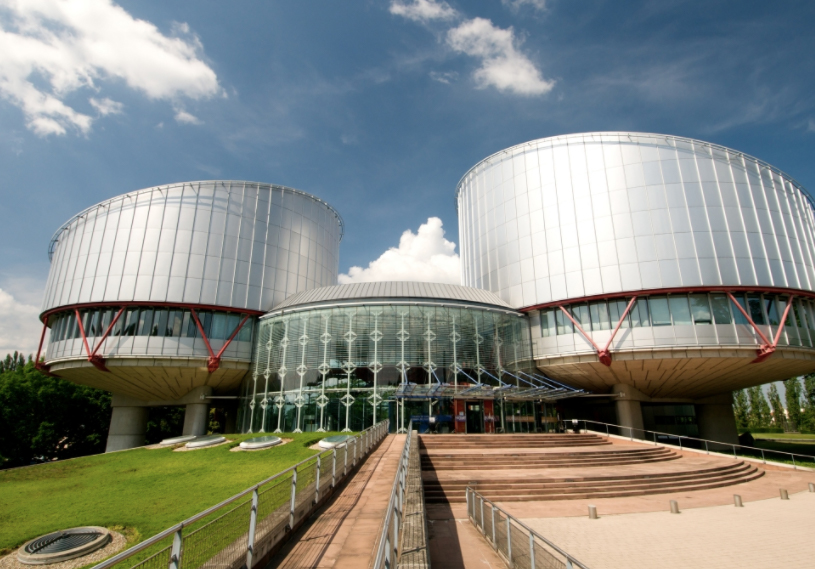
Nov 7, 2013 | News
The Court of Justice of the European Union (CJEU) today declined to hold that the criminalisation of consensual same-sex activity necessarily constitutes “persecution” for the purposes of EU asylum law.
This ruling is out of step with international human rights and refugee law, the ICJ and Amnesty International said.
In X, Y and Z v Minister voor Immigratie, Integratie en Asiel the Luxembourg-based CJEU considered three joined cases arising from asylum requests lodged in the Netherlands by nationals of Senegal, Sierra Leone and Uganda.
The three men claimed that they have a well-founded fear of persecution based on their – undisputed – same-sex sexual orientation and the fact that sex between men is criminalised in their home countries.
“The Court skirted around the real issue in this case and missed a key opportunity to state clearly that to criminalise consensual same-sex conduct ultimately amounts to criminalising people for who they are and, therefore, amounts to persecution per se, regardless of how often sentences of imprisonment are enforced,” said Sherif Elsayed-Ali, Amnesty International’s Head of Refugee and Migrants’ Rights.
A key question facing the Court was whether “the criminalisation of homosexual activities and the threat of imprisonment” for the same constitute “persecution” under EU asylum law.
The Court did affirm that the prosecution and imprisonment of a person for such conduct would constitute persecution.
However, according to the two organizations, the mere existence of laws that criminalise consensual same-sex sexual activities – and which thus effectively criminalise individuals for their sexual orientation and who they are – also runs contrary to international human rights law and jurisprudence, as well as a growing raft of national court decisions.
“The Court should have found that these laws, even when they have not recently been applied in practice are capable of giving rise to a well-founded fear of persecution in lesbian, gay, bisexual transgender and intersex people, and who accordingly should be recognised as refugees when they apply for asylum,” said Livio Zilli, Senior Legal Adviser at the International Commission of Jurists.
Amnesty International has extensively documented how these laws provide state actors with the means to perpetrate human rights violations and contribute to an atmosphere of state-supported homophobia.
They enable harassment and abuse, and deny lesbian, gay, bisexual, transgender and intersex (LGBTI) individuals – or those perceived to be LGBTI – effective state protection to which they are entitled under international human rights law.
Contact:
Livio Zilli, Senior Legal Adviser, ICJ, t + 41 22 979 38 23 ; e-mail: livio.zilli(a)icj.org
Notes:
In its request to the CJEU, the Dutch Council of State asked the Luxembourg-based CJEU to answer the following questions:
1) “Do foreign nationals with a homosexual orientation form a particular social group as referred to in Article 10(1)(d)” of the Qualification Directive?
2) “Which homosexual activities fall within the scope of the Directive”; “how should national authorities assess what constitutes persecution in this context” and “whether applicants for refugee status should be expected to conceal, or exercise restraint in expressing, their sexual orientation in their country of origin” in order to avoid persecution?
3) Do the criminalisation of same-sex sexual activity and the possibility of imprisonment upon conviction constitute persecution within the meaning of the Qualification Directive?
Read also:
Criminalization of same-sex acts and the threat of imprisonment give rise to a well-founded fear of persecution
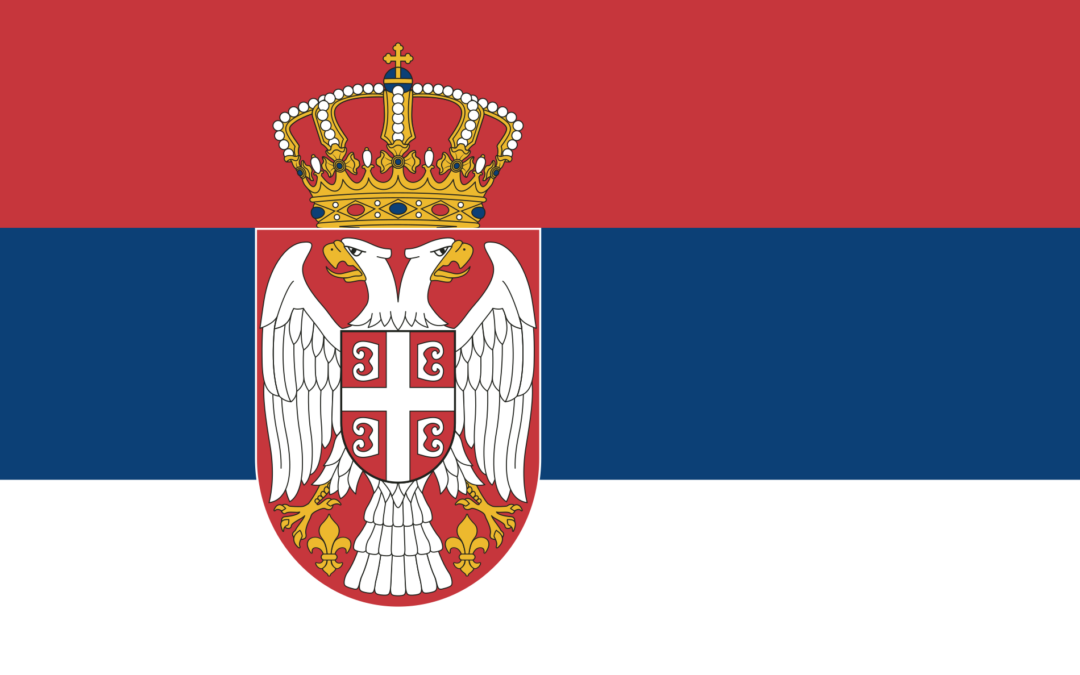
Oct 15, 2012 | Events
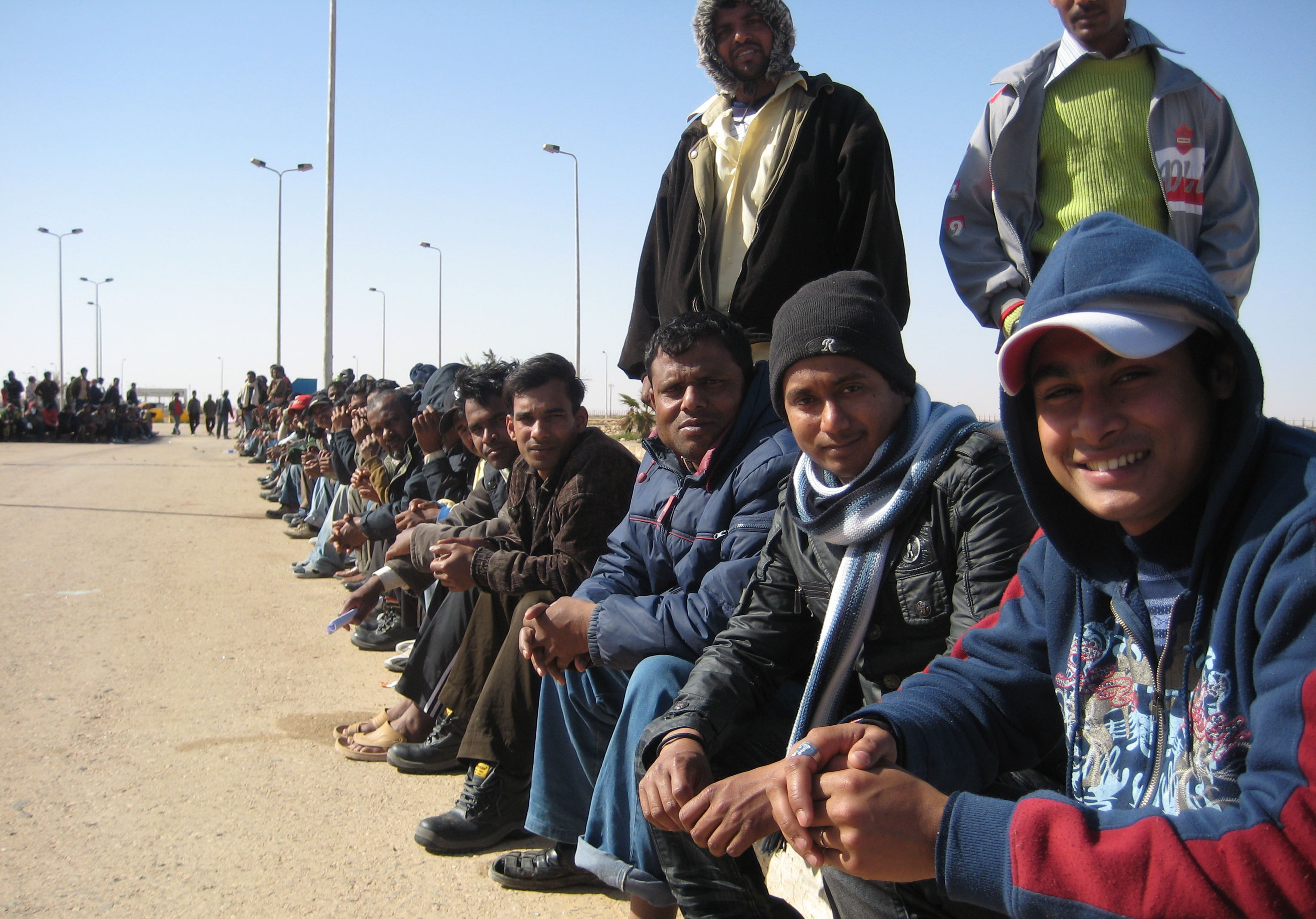 The ICJ, OSCE and Group 484 are holding a training on migration and international human rights law starting on Tuesday 16 October in Kladovo (Serbia).
The ICJ, OSCE and Group 484 are holding a training on migration and international human rights law starting on Tuesday 16 October in Kladovo (Serbia).
The training has been organised by the Organisation for Security and Cooperation in Europe (OSCE) and the Serbian NGO “Group 484” and will be given by the International Commission of Jurists. It will focus on international protection of migrants and asylum seekers, the principle of non-refoulement, and human rights in expulsion procedures, drawing from the jurisprudence of the European Court of Human Rights, of the UN human rights systems and from EU law. The training will be centered on the ICJ Practitioners Guide no. 6: Migration and International Human Rights Law.
Serbia-agenda-migration-2012 (download the agenda of the training)
Photo credit: © Stabilisation Unit/DFID (the DFID has no involvement in nor does support this event)
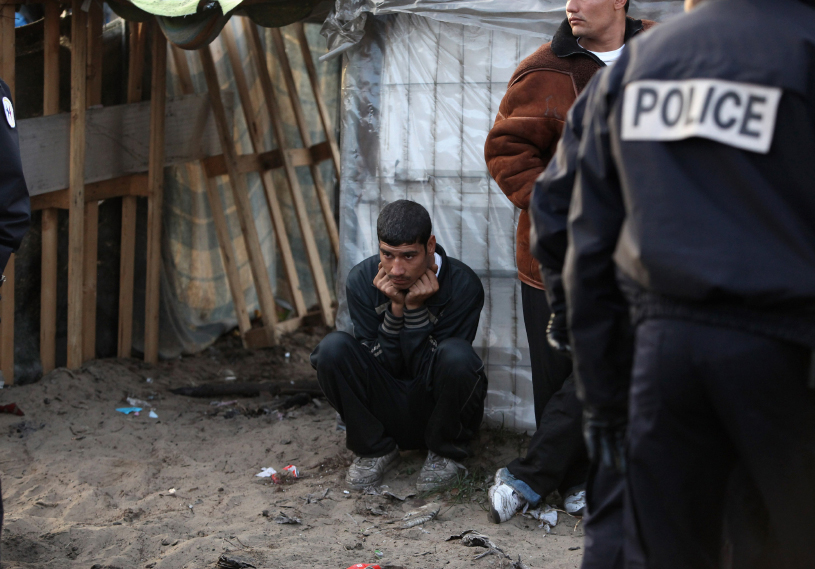
Sep 14, 2011 | Advocacy, Legal submissions
The ICJ published today its observations on the 1 June 2011 recast of the European Union “Directive on common procedures for granting and withdrawing international protection”.










